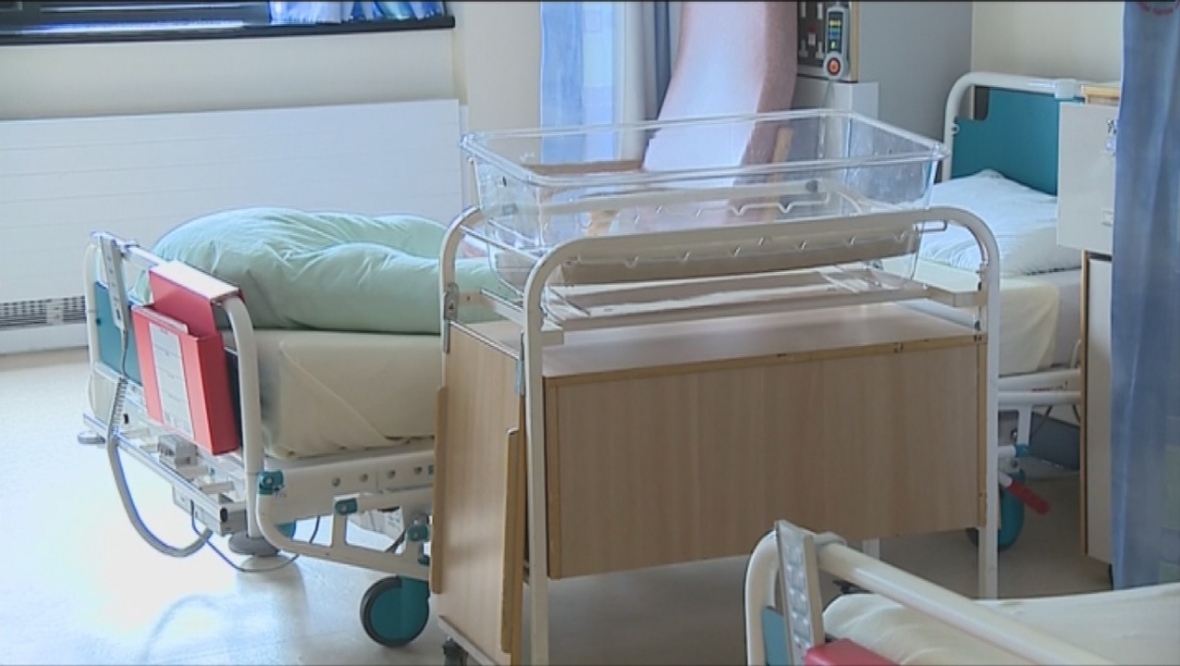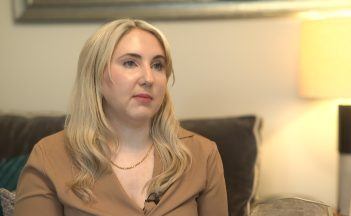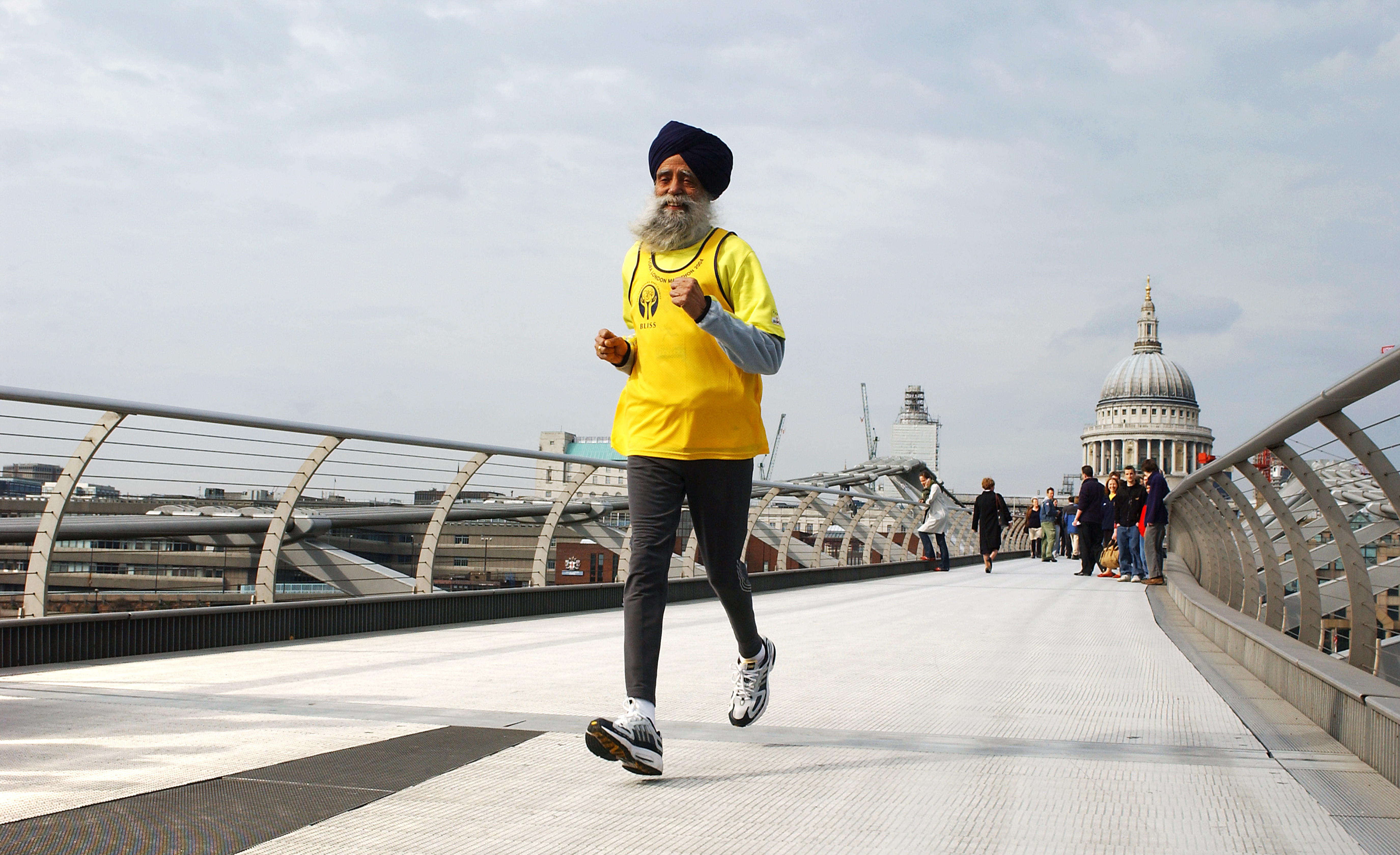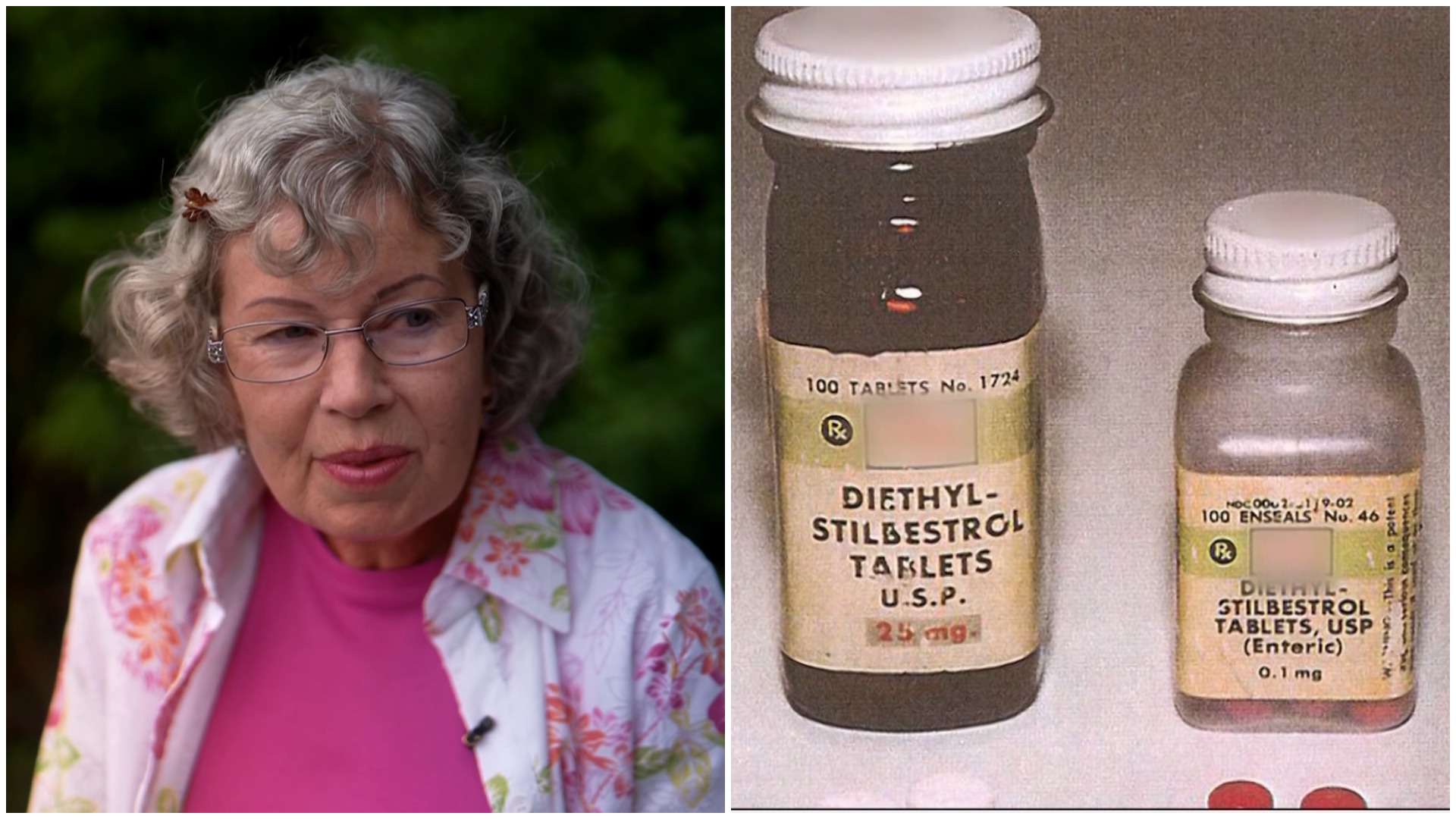Mothers have shared their experiences of traumatic births as a new report concluded that poor care in maternity services is “frequently tolerated as normal”.
A UK Parliamentary Report published on Monday into birth trauma is calling for a national plan to improve maternity care, as it claimed women are often “treated as an inconvenience” and a postcode lottery of services was highlighted.
The inquiry heard from 1,300 people who had experienced a traumatic birth and described their stories as “harrowing”.
“In many of these cases, the trauma was caused by mistakes and failures made before and during labour. Frequently, these errors were covered up by hospitals who frustrated parents’ efforts to find answers,” the authors wrote.
“There were also many stories of care that lacked compassion, including women not being listened to when they felt something was wrong, being mocked or shouted at and being denied basic needs such as pain relief.
“Women shared stories of being left in blood-stained sheets, or of ringing the bell for help but no one coming.
“We also heard from maternity professionals who reported a maternity system in which overwork and understaffing was endemic. Some referred to a culture of bullying.
“The picture to emerge was of a maternity system where poor care is all too frequently tolerated as normal, and women are treated as an inconvenience.”
The report authors also called for more midwives and maternity staff, for new mothers and babies to have separate health checks at six weeks so the doctor can fully assess the mother’s mental and physical health and additional efforts to reduce the risk of birth injuries.
They made recommendations about providing more information on birth choices for women and informing them about the risk of injuries in childbirth.
The authors also called for women’s choices about giving birth and access to pain relief to be “respected”.
Meanwhile they said that the time limit for medical negligence litigation relating to childbirth should be extended from three years to five years.
Speaking ahead of the report being published, Rachel Moir, a Scottish mother who experienced a traumatic birth and injury, described her experience as “definitely the most terrifying” of her life.
“Those few hours I felt like I was in hospital, like I was in the right place, and I just had this feeling of like, what happens next? Why is nobody helping me? It was so terrifying for me being in that much pain,” she told STV News. “And then a person that’s supposed to be able to come in, give you the epidural, they’re not able to do it.”
Rachel added: “What happened to me, I hadn’t known it was a possibility. So just this feeling that actually even something you don’t know about can go wrong, something you don’t know about could happen. After my surgery in July, I couldn’t drive and I wasn’t allowed to lift my baby for weeks. So that was really difficult. And I felt it was quite embarrassing, like going to a group but not being able to lift my baby, so having somebody with me to do that.”
Gill Walton, chief executive of the Royal College of Midwives, said: “Sadly, not all birth experiences are positive and poor experiences can have a devastating impact on women and should be taken very seriously as a threat to maternal mental and physical health and infant wellbeing.
“Undoubtedly staffing shortages drastically impact the safety and quality of care that midwives can and so want to deliver. Our own members tell us they are struggling to give women the time and quality of care they need and deserve.
“Also, with the rise in more complex pregnancies, having the right skill mix of staff on shift is key.
“Access to appropriate training has also been highlighted in this report and when there aren’t enough midwives, crucial training is often postponed and this impacts how prepared staff can be for not only emergency situations, but how improvements in day-to-day maternity care can be achieved.”
A Scottish Government spokesperson said: “The Scottish Government is aware of this UK Parliamentary Report that has been published today. We will carefully consider findings and recommendations in the Scottish maternity services context.
“The Scottish Government is committed to continuous improvement in maternity safety across Scotland, in partnership with NHS Boards and clinicians and service users, to deliver the best and safest care for mothers and babies.”
Follow STV News on WhatsApp
Scan the QR code on your mobile device for all the latest news from around the country























